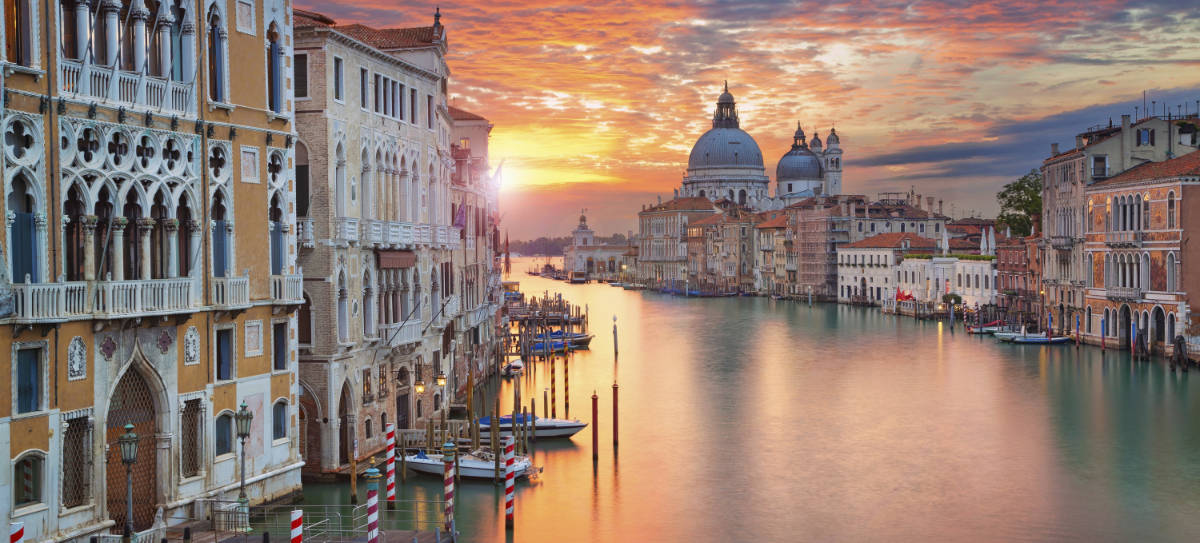Europe’s first major outbreak of the coronavirus is happening in Italy. A fifth person has died in the country and there are now over 200 cases, the largest number outside Asia.
So is it still safe to travel to Italy? And how can travellers avoid contracting the airborne virus, also known as Covid-19, while they’re away?
Recommended: Read the latest coronavirus travel advice.
Where’s the coronavirus outbreak in Italy?
The epicentre of the outbreak is some 10 towns in Lombardy in the north of the country – Codogno, Castiglione d’Adda, Casalpusterlengo, Fombio, Maleo, Somaglia, Bertonico, Terranova dei Passerini, Castelgerundo and San Fiorano – and one in Veneto, Vo’ Euganeo. Roadblocks have been set up to keep people from entering and leaving the towns, in what the UK Foreign Office say is part of ‘extraordinary measures’ to isolate the towns affected.
The regions of Friuli Venezia Giulia, Piemonte and Emilia Romagna have also implemented measures.
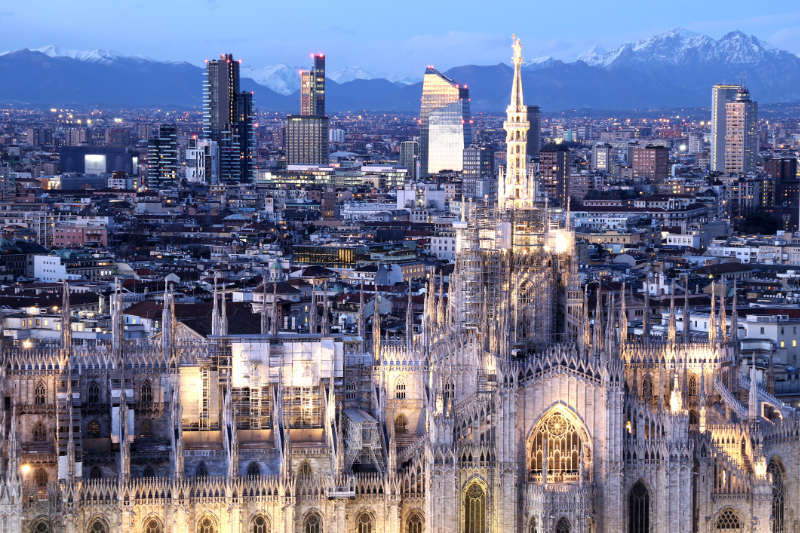
In Venice, authorities said on Sunday that three people had tested positive for the disease – all in their 80s. The main concern is large crowds, where the virus can spread more easily. Veneto regional governor Luca Zaia announced that the popular Venice Carnival, which would have run until Tuesday, would be called off and major league football matches would also be scrapped.
Museums have been ordered to shut down in Venice and Lombardy.
At the moment Venice isn’t allowing public Masses, while in Milan, the city’s iconic Gothic cathedral is closed to visitors.
Lombardy regional official Giulio Gallera told reporters that in Milan, schools, museums, discos, pubs and cinemas would stay closed for at least seven days.
While restaurants in Milan and other Lombardy cities outside the main cluster area can still operate since, unlike at concerts and other entertainment venues, in eateries “people are not congregated in one place and there is space between tables,” Gallera says.
What’s the travel advice for going to Italy?
An ABTA (the UK travel trade association for tour operators and travel agents) spokesperson says: “The Foreign and Commonwealth Office (FCO) has not issued any travel restrictions for Italy. The Italian Authorities have introduced enhanced measures for some regions, and these are reflected in the FCO travel advice for Italy. Travellers currently in these areas should follow the instructions of local authorities and local public health advice.
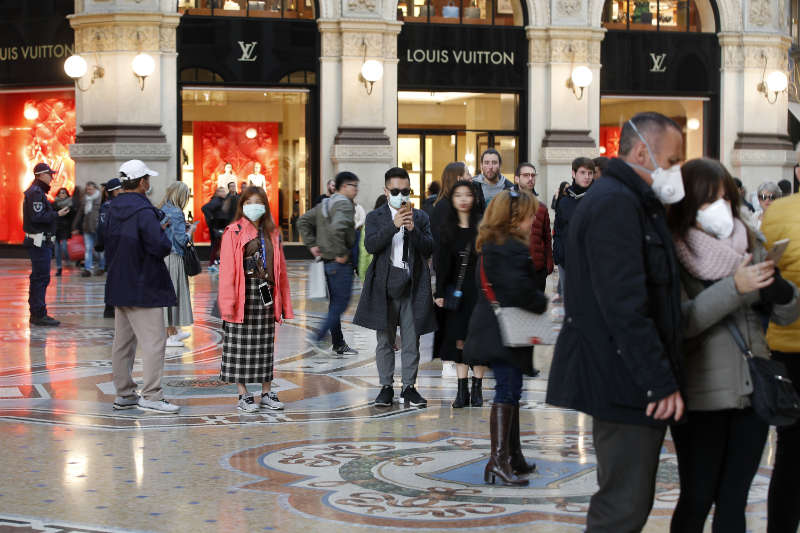
“Those imminently due to travel to Italy should check the latest FCO travel advice to Italy. ABTA has advice and Q&As for travellers on abta.com/coronavirus.
“ABTA continues to monitor the COVID-19 situation closely, and provides updates as appropriate to its members and travellers.”
Of course, if you planned to visit the towns worst affected by coronavirus in Italy, you probably won’t be able to enter them right now. For elsewhere in the country, bear in mind that travel and safety advice can change quickly.
Coronavirus in Italy
Dr Bharat Pankhania, a senior clinical lecturer at the University of Exeter and an expert in communicable disease control, says: “What we know is the northern districts in Italy have become hot zones, so you’d be a bit silly to walk into a hot zone where the Italians themselves have declared that place a lock-out area.
“With respect to other parts of Italy we’re in unknown territory, because we just don’t know. So it’s business as normal but I’d say this virus is now spreading globally – you should exercise caution wherever you’re going.”
Before you travel, the FCO says to take general advice from the Travel Health Pro website, which says you should also check your travel insurance coverage, including medical repatriation costs, to ensure if you did get ill that you wouldn’t be left out of pocket.
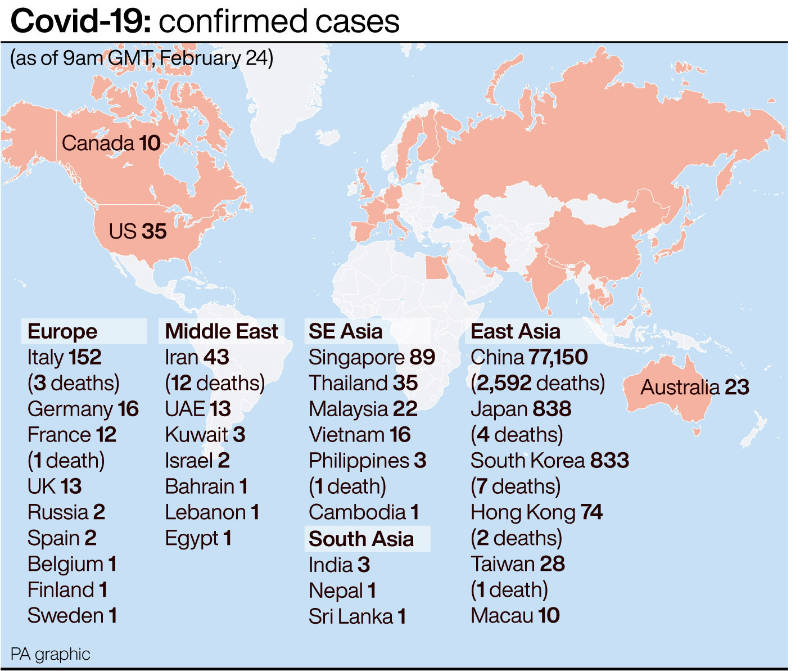
Anyone elderly or with a pre-existing medical condition should be aware that they are more at risk of severe infection. Many of the people who have died due to the virus fall into this category. There may also be enhanced screening and monitoring at entry and exit ports – so be prepared to allow time for this.
What are coronavirus symptoms?
If you do get symptoms – which the World Health Organisation say include respiratory symptoms, fever, cough, shortness of breath and breathing difficulties – while in the country, the FCO says to call Italy’s emergency number 112. You might be required to self-isolate.
However, Pankhania believes the government should add Italy to its list of countries from which people returning should self-isolate if they develop symptoms.
“The natural history of these emerging infections is that we create ‘hot spots’ and the new hot spots are South Korea, Italy and Iran. Therefore it only makes logical sense in that if you have come from that hot spot, then you should be screened and kept out of circulation.”
What can you do to help prevent the spread of coronavirus?
Pankhania says: “The only caution you can exercise is personal hygiene, social distancing, keeping yourself away from crowded places. Make it a habit to wash your hands frequently and wash your hands before you eat.”
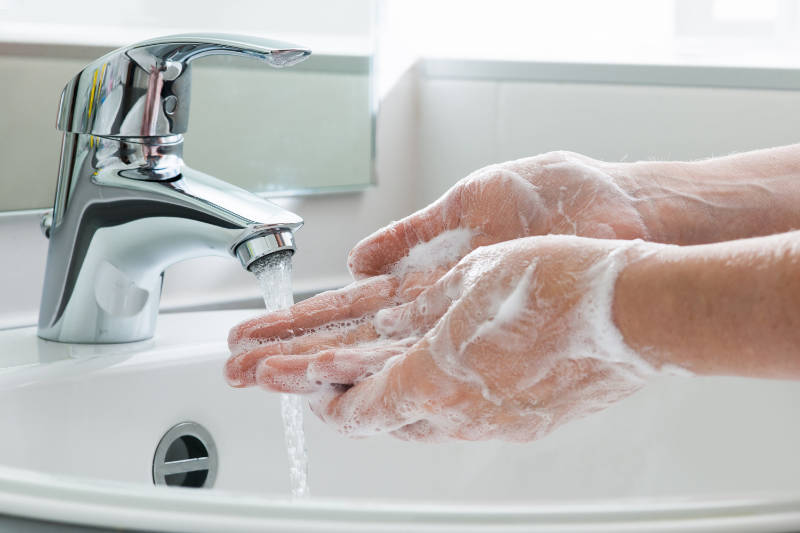
Travel Health Pro also advise: “Wash your hands often with soap and running water for at least 20 seconds. Use an alcohol-based hand sanitiser that contains at least 60% alcohol if soap and water are not available. This is particularly important after taking public transport.
“Avoid touching your eyes, nose, and mouth with unwashed hands. Avoid close contact with people who are sick. Cover your cough or sneeze with a tissue, then throw the tissue in a bin and wash hands with soap and water.”
They also note that for people who aren’t ill, there’s no evidence that face masks work as a preventative measure, something Public Health England have previously agreed with.
Recommended: Coronavirus – do hand sanitisers work?























































